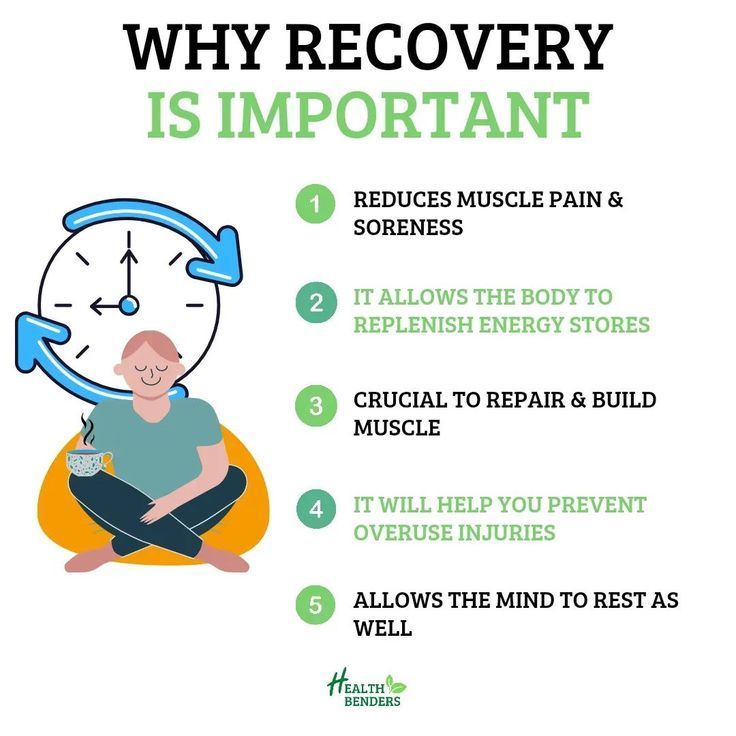In today’s fast-paced world, it’s easy to get caught up in the hustle and bustle of everyday life. With work, family responsibilities, and social commitments, finding time to rest and recharge can often take a backseat. However, neglecting to prioritize your recovery days can have negative consequences on your overall health and well-being.
Understanding the Role of Recovery Days
Recovery days are crucial for allowing your body and mind to recuperate from the stresses and strains of daily life. Whether you’re an athlete pushing your physical limits or a professional navigating a demanding work schedule, taking time to rest and rejuvenate is essential for maintaining peak performance and overall health.
Physical Benefits of Recovery Days
On a physical level, recovery days give your muscles the chance to repair and rebuild after intense exercise or strenuous activity. Without proper rest, your body may become more susceptible to injuries and overuse strains. In addition, adequate recovery time allows your immune system to function optimally, reducing the risk of illness and enhancing overall resilience.
Mental Benefits of Recovery Days
Recovery days are not just about physical recuperation; they are also essential for mental rejuvenation. Taking time to relax and unwind can help reduce stress levels, improve focus and cognitive function, and enhance overall mental well-being. By allowing yourself to rest and recharge, you can approach each day with renewed energy and clarity.
Strategies for Maximizing Your Recovery Days
While the importance of recovery days is clear, knowing how to effectively utilize this time is key. Here are some strategies to help you make the most of your downtime:
Listen to Your Body
Pay attention to how your body feels and adjust your recovery days accordingly. If you’re feeling fatigued or sore, prioritize rest and gentle activities like stretching or yoga. On the other hand, if you’re feeling energized, engage in light exercise or outdoor activities to boost your mood and vitality.
Practice Mindfulness
Take time to engage in mindful activities like meditation, deep breathing, or journaling. These practices can help you relax and center yourself, reducing stress and promoting mental clarity. By cultivating mindfulness during your recovery days, you can enhance your overall well-being and resilience.
Nourish Your Body
Use your recovery days as an opportunity to nourish your body with nutritious foods, hydration, and restful sleep. Proper nutrition and hydration play a crucial role in supporting your body’s recovery process, while adequate sleep is essential for muscle repair, hormone regulation, and overall health.
Conclusion
Recovery days are not a luxury; they are a necessity for maintaining your health and well-being. By prioritizing rest and rejuvenation, you can enhance your physical and mental resilience, improve your performance, and enjoy a higher quality of life. Make time for recovery days in your schedule, listen to your body, and practice self-care to reap the numerous benefits of downtime. Your body and mind will thank you for it.


